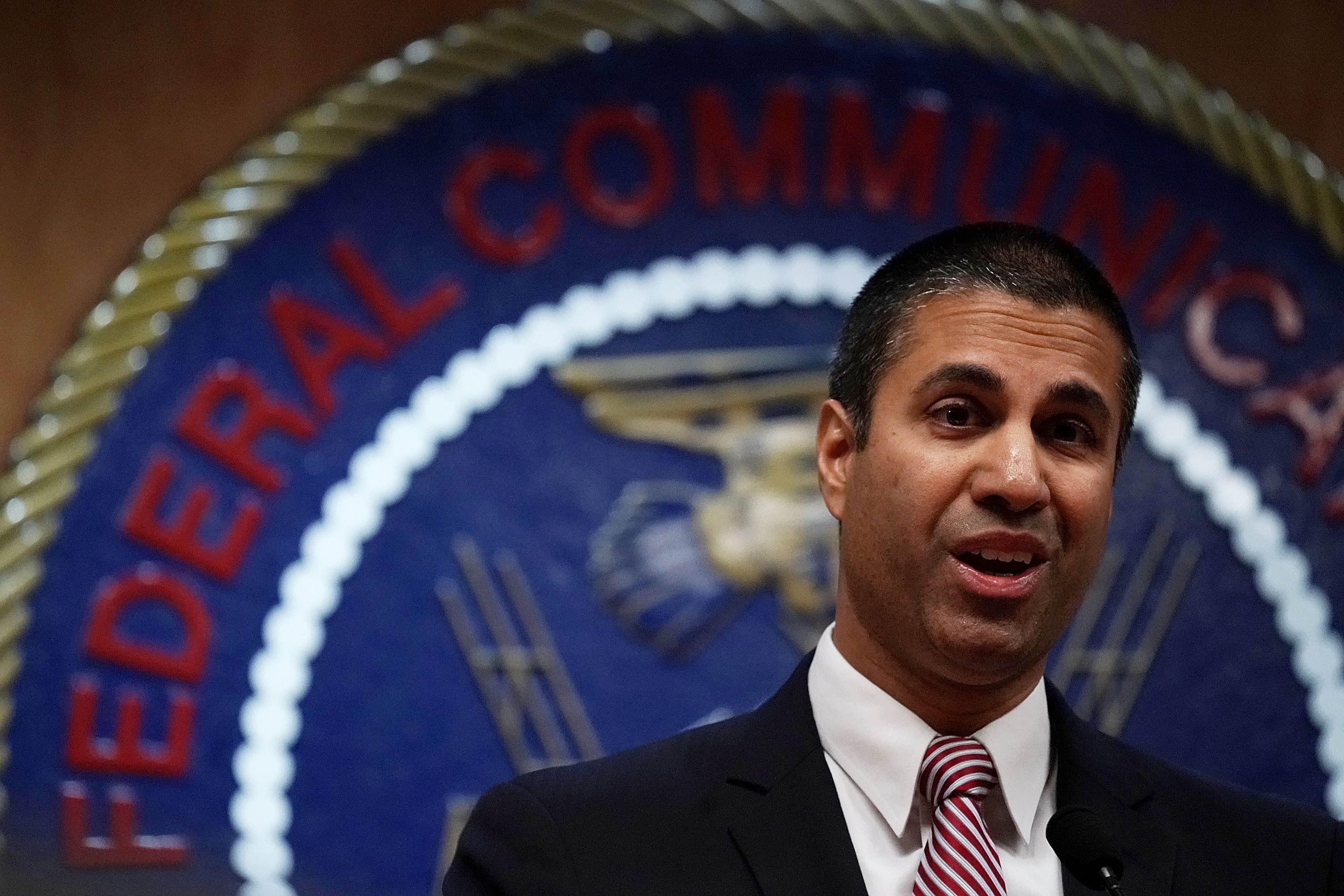

Privacy has become a big deal in our lives, and rightfully so. We use technology as a way to have a better life. Maybe it means being able to connect with friends that live halfway across the world. Maybe it means being able to feel more connected to your partner if you’re in a long distance relationship. Or maybe it just means being able to order your favorite latte from Starbucks without having to interact with another human being. Regardless, no one wants the information they put into these apps to be used by a company – for any reason. A recent report on carrier tracking has sparked a growing feud between the Chairman of the FCC, Ajit Pai and the Congressional Committee that oversees his position. Sounds like he has a problem with his boss?
Last Friday, Energy and Commerce Committee Chair Frank Pallone (
“Today, FCC Chairman Ajit Pai refused to brief Energy and Commerce Committee staff on the real-time tracking of cell phone location. In a phone conversation today, his staff asserted that these egregious actions are not a threat to the safety of human life or property that the FCC will address during the Trump shutdown.”
Frank Pallone, Energy and Commerce Committee Chair
In the letter that he initially sent to Pai, Pallone had provided Monday as a deadline and the FCC hasn’t been responding to news agencies requests for comment. Why is this coming to light now? The concern over location tracking started last week when Motherboard reported that T-Mobile, Sprint, and AT&T were selling users’ real-time location data to third-party distributors. In fact, a reporter paid a bounty hunger $300 in order to track him down, just a few city blocks away. While that sounds a bit extreme, it does prove a good point that this is a real thing. Of course, after this report was released, the carriers said that they would stop selling the data, but that didn’t make lawmakers feel better about the situation.
And you can’t blame them. As I’ve said, we are paranoid about where our data is going, and its stories like these that really suggest we are living in an age where it is possible, and very easy to have our data sold. While that in itself is an issue, the bigger problem is that Pai won’t brief Pallone on this particular issue.
Can the FCC use the partial government shutdown as a reason for not being able to respond? A number of consumer protection sites are down, and device approvals and other enforcement efforts have been suspended until the government reopens. But, Pai and the other commissioners are not furloughed, which means they can continue to work. In fact, this was seen as an excuse, rather than a legitimate reason for not being able to brief Pallone.
“There’s nothing in the law that should stop the Chairman personally from meeting about this serious threat that could allow criminals to track the location of police officers on patrol, victims of domestic abuse, or foreign adversaries to track military personnel on American soil.”
Frank Pallone, Energy and Commerce Committee Chair
What’s great about this is that Pallone turned it into a matter of national security. Not that I’m saying that it’s not, but these seem to be the reasons why the government is “allowed” to do whatever they want, so why not turn that rationale on its head for once? Pallone has indicated that the Committee will continue to press the FCC “to prioritize public safety, national security and protecting consumers.” Whether or not Pai will speak to the Committee is one small part in the grand scheme of things related to privacy, and more specifically the FCC’s involvement.

[…] post Ajit Pai Refuses to Meet with Congress About Security Issues appeared first on Saintel […]